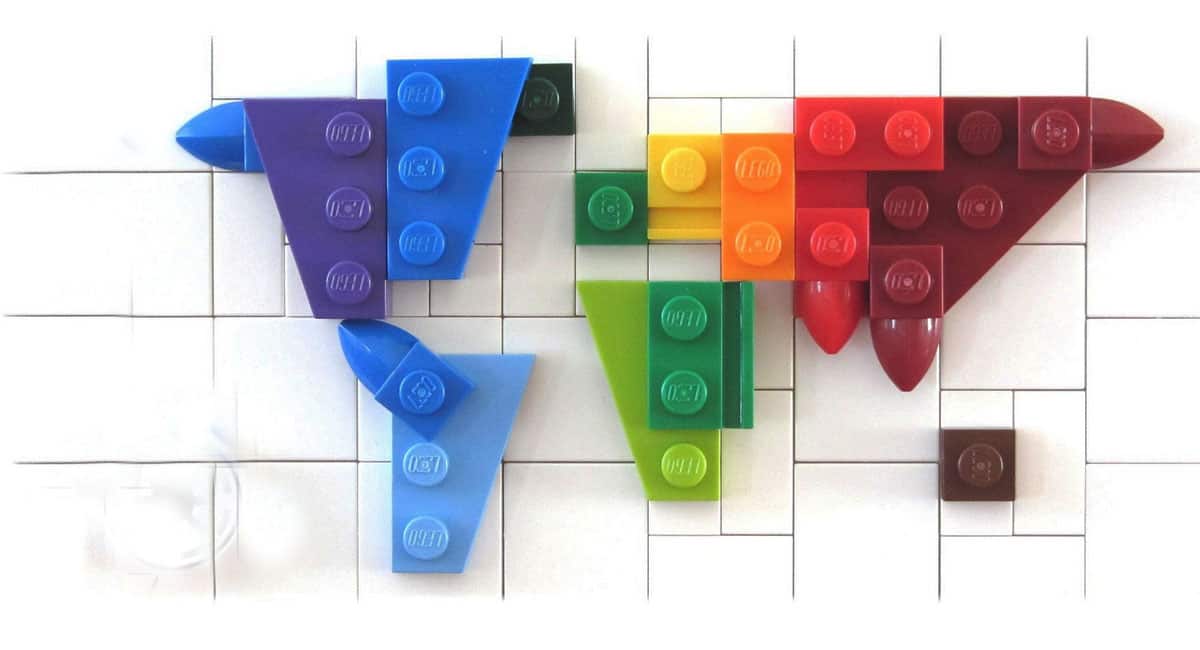Money laundering and illicit financial flows are two related, but distinct types of corruption that pose a huge threat to development and political and economic stability around the world. Developing countries are especially hard hit.
The two are closely linked to the concept of beneficial ownership, which is a term referring to the true owner of a company, even though it is registered in the name of, or run by someone else. The beneficial owner is the person who rakes in the profits, and this person may be several steps away from those who are publicly connected with the company.
Money laundering is the generic term used to describe the process by which criminals disguise the original ownership and control of the proceeds of criminal conduct by making those proceeds appear to have come from a legitimate source. Illicit financial flows, on the other hand, refer to the movement of money earned illegally and transferred across the border for use elsewhere.
We’ve put together this handy page which provides links to information and guidance on addressing these specific forms of corruption, which will expand in future as new additions are made.
Corruption Watch – glossary of corruption terms
Global Financial Integrity – illicit financial flows
How Stuff Works – how money laundering works
International Compliance Association – what is money laundering?
Interpol – money laundering
Investopedia – beneficial ownership
Investopedia – money laundering
UN Office on Drugs and Crime (UNODC) – introduction to money laundering
World Bank – illicit financial flows



